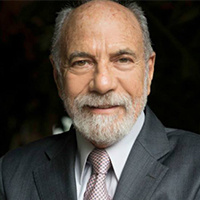Palmdale DUI-DWI Lawyer, California
Sponsored Law Firm
-
 x
x

Click For More Info:
-
Gharibian Law, APC
101 North Brand Blvd. Suite 1970 Glendale, CA 91203» view mapMedical Malpractice Law Respect Your Elders
Our dedicated legal team can help your family reconcile with elder abuse, personal injury, and wrongful death.
877-875-1119
Azad Jingozian
✓ VERIFIEDMr. Jingozian has an extensive background in criminal law, focusing on white-collar offenses, including misdemeanor infractions and felony crimes such... (more)
Bruce Margolin
✓ VERIFIEDBruce M. Margolin has over 40 years experience in defending the rights of his clients. He equally passionate at working to reform laws he believes to ... (more)
Daniel Moaddel
✓ VERIFIEDDaniel Moaddel is a criminal defense attorney serving Los Angeles, California.
FREE CONSULTATION
CONTACTDaniel R. Perlman
FREE CONSULTATION
CONTACTFREE CONSULTATION
CONTACTFREE CONSULTATION
CONTACTFREE CONSULTATION
CONTACTFREE CONSULTATION
CONTACT Art Gharibian Glendale, CA
Art Gharibian Glendale, CA AboutGharibian Law, APC
AboutGharibian Law, APC





